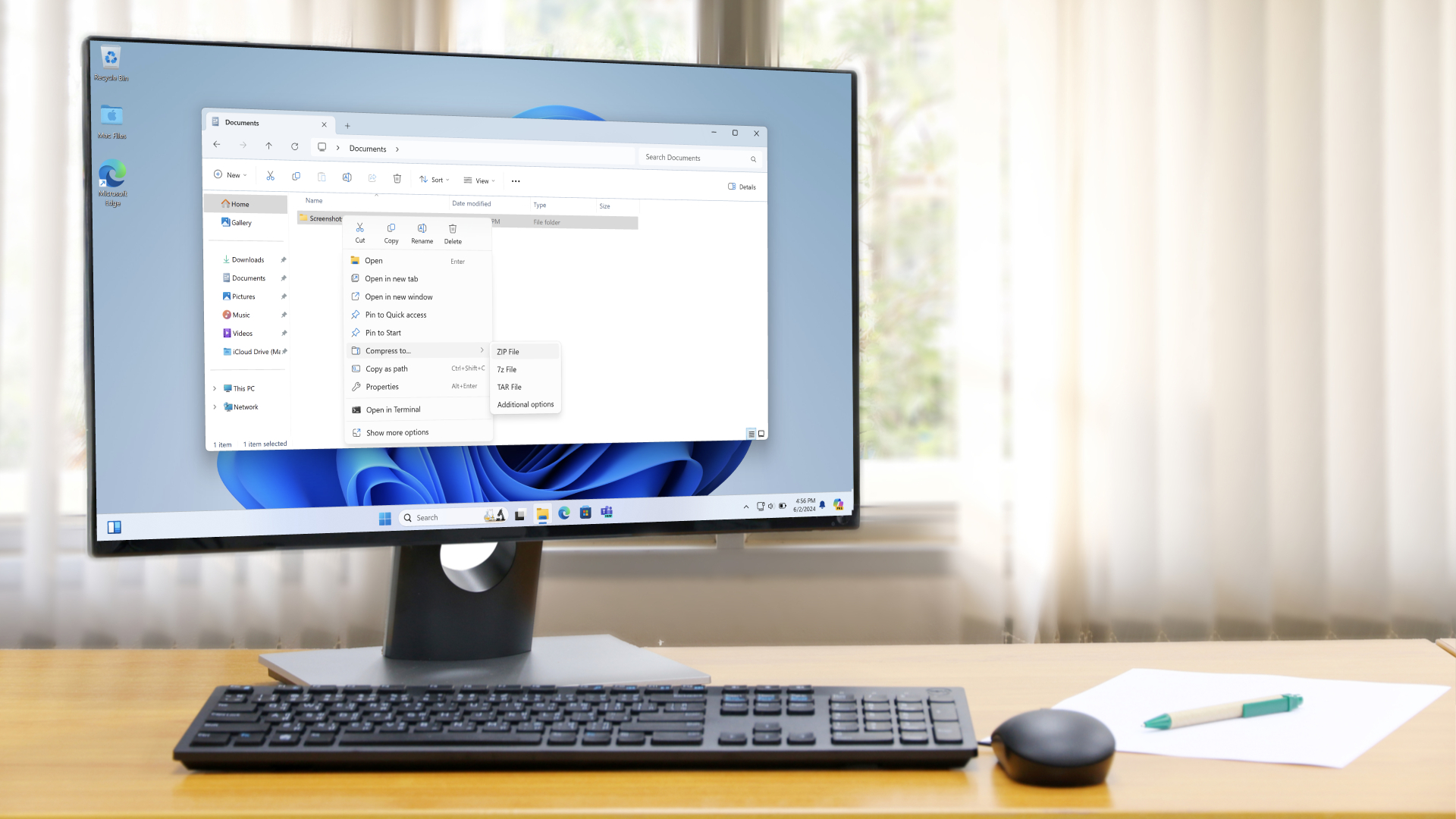Almost all Windows 10 systems can be upgraded to the new version — so why are businesses holding back?
Study finds many are ready for Windows 11, so it's time for an upgrade

The majority of businesses are ready to update to Windows 11, but many are still holding back for some reason, research has claimed.
A survey of more than 750,000 Windows endpoints by ControlUp found 88% of those yet to upgrade were able to cope with the move to Windows 11, 82% are yet to make the leap - with 11% needing to be fully replaced, and 1% requiring an upgrade.
This is despite the official end of life deadline for Windows 10 services looming ever closer, with the date now just over a year away.
Time to upgrade?
After October 14 2025, Microsoft will no longer provide updates, including security updates, technical assistance, and bug fixes, for Windows 10, meaning users could face a number of threats if they choose to continue using the system.
Only businesses using the Windows 10 LTSC (Long-Term Servicing Channel) version will continue receiving updates after October 2025, but this will of course cost them more money.
What complicates things even further is recent figures from Statcounter showing Windows 10 still owns the bulk of the market, with its 64.99% market share in July 2024 far ahead of Windows 11 on 30.83%.
Microsoft does offer free updates from Windows 10 to 11, but your device will need to meet certain hardware requirements to do so.
Are you a pro? Subscribe to our newsletter
Sign up to the TechRadar Pro newsletter to get all the top news, opinion, features and guidance your business needs to succeed!
The increasing number of more advanced hardware devices in recent years could help Microsoft's bid to move users to Windows 11, as older items get phased out as businesses look to upgrade their systems.
"The clock is ticking for enterprises to adopt the more secure and capable Windows 11, yet many organizations are stuck, unsure about their environment's readiness," said Simon Townsend, Field CTO of ControlUp.
"But doing nothing is not an option. With more than four in five devices still needing to make the switch, now is the time to fully assess Windows 11 readiness to ensure a seamless transition with less downtime and disruption."
Via The Register
More from TechRadar Pro
- How to prepare for Windows 10 End of Life
- We've rounded up the best free office software choices around
- These are the best online collaboration tools right now

Mike Moore is Deputy Editor at TechRadar Pro. He has worked as a B2B and B2C tech journalist for nearly a decade, including at one of the UK's leading national newspapers and fellow Future title ITProPortal, and when he's not keeping track of all the latest enterprise and workplace trends, can most likely be found watching, following or taking part in some kind of sport.